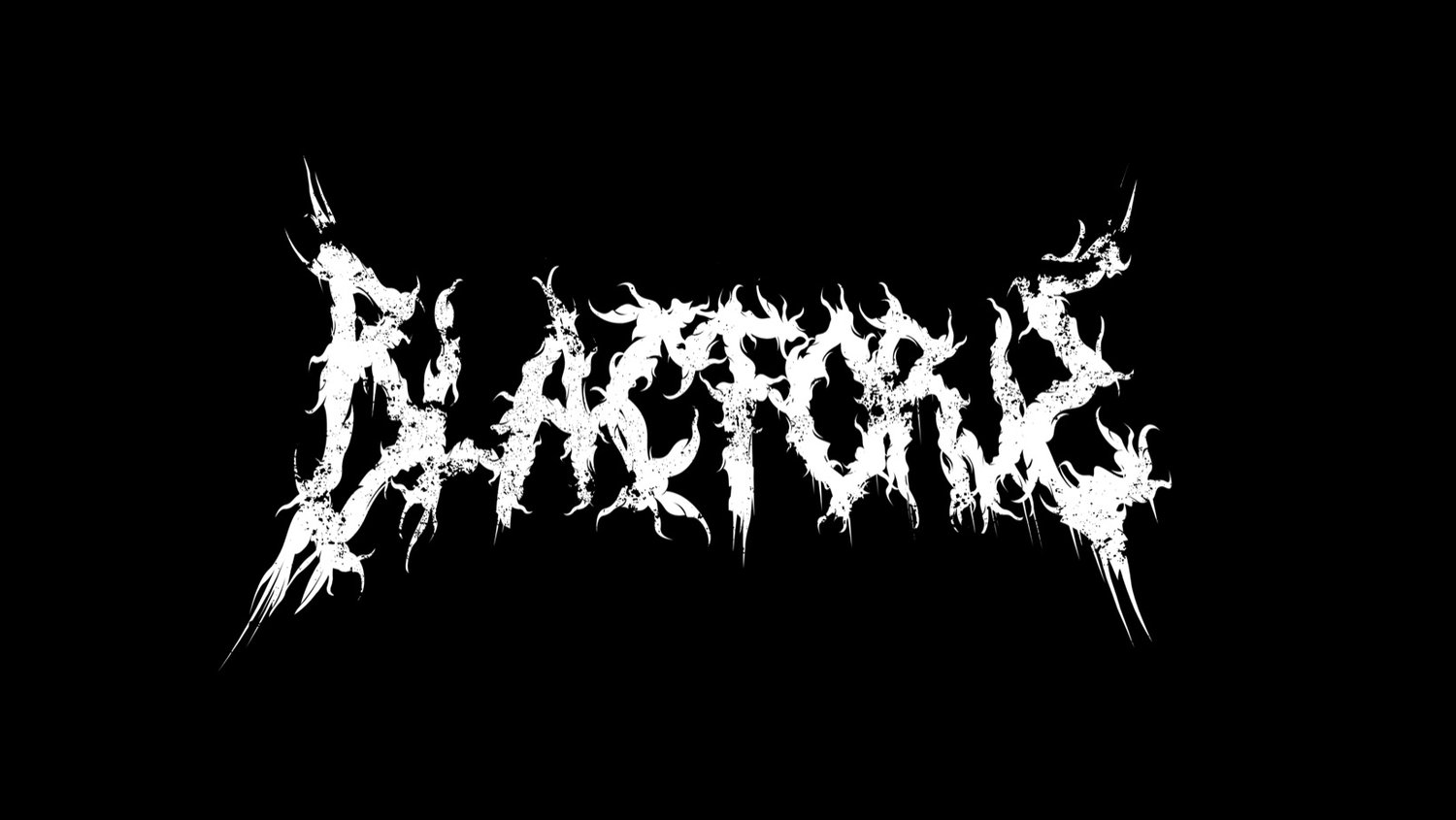Interview: Alda
Photo by Dallas Bolen
The Pacific Northwest is one of the most beautiful parts of the United States, filled with monstrous mountains, valleys that descend into the depths, and forests that embody a magic unto themselves. It’s a fitting setting for an atmospheric black metal band that is centered around the natural world. There’s no surprise that beautifully crafted metal would be produced in such an elemental place.
Alda has released four albums, their most recent being A Distant Fire (2021). Not only is there a heavy emphasis on their love for nature through their music, but it’s also evident in their album artwork. They are a talented bunch, which is why I am hopeful they will get back to releasing new music sooner than later, as I’m sure are the rest of Alda’s fans. But until that day arrives, I wanted to get to know more about them as people and not just musicians.
Blacforje had the honor to connect with the band to peel back the curtain a layer or two so as to get a glimpse behind the curtain of Alda. Enjoy!
Thanks so much for doing an interview with Blacforje! I’m sure the readers will really enjoy getting to know you guys better from a more personal angle. For starters, you guys are in the Northwest U.S. Is that right? What part?
Alda is based out of Washington State, in the region of the state west of the Cascade Mountain range. Three-quarters of the band live in a small town called Eatonville, which is just outside Mt. Rainier National Park. This mountain, which is also known as Tahoma in a local Native American language, is a 4,392-meter-high active volcano, and is the largest mountain in the Cascade range.
Your most recent album titled A Distant Fire was released on October 2021. Since then, we haven’t heard anything from you. Are you guys working on anything new? If so, is there anything you can share with us?
We have pieces of music we are working on, but nothing completed or ready to share with anybody. We have been on a bit of a hiatus since the release of A Distant Fire and are working on rehearsing regularly again and writing new music.
What does the name Alda even mean? I want to know in your own words.
Jace picked the name Alda out of J.R.R. Tolkien's book The Silmarillion, and it is a word from one of Tolkien's languages that simply means "tree". We liked the way the word sounded, and we liked its simplicity and symbolism of growth. We later learned that Alda is also an Old Norse word which means "ancient", and that also suits us well.
So, I love faith and philosophy. That being said, it’s something I like to discuss with people here at Blacforje, especially given the relevance of both areas of thought in how they impact art. Do you guys have any spiritual or philosophical views and beliefs that impact your music and you as individuals?
We all have our individual beliefs and perspectives, but one thing that is shared by every member of the band is a love for the wild and untamed world. We hold some varying degrees of Animistic and Pantheistic views on existence, as well, and that is inextricably tied to our love of the natural world. If there is a common philosophy, it comes down to a belief in our intrinsic relationship to the natural world and a strong dislike for religious dogma, materialistic greed, and the anthropocentric attitudes that humanity embraces in this age.
Other than your worldview, who are you guys outside of music? What are some of your hobbies and passions as people rather than Alda?
We are hunters, naturalists, farmers, scholars, parents, motorcyclists, mechanics, and fans of fantasy literature and other nerdy topics.
Are we allowed to know your names, or is that a top-secret thing like so many other black metal bands?
We have never concealed our names or used pseudonyms. You may read our names in the liner notes on our albums or find them on the internet easily.
OK, last question: Is coffee in the Pacific Northwest actually better than everywhere else in the U.S., or is that just a bunch of garbage propaganda being spewed about by the coffee chain with a siren as a mascot?
There is no coffee from the Pacific Northwest or any other part of the U.S. Coffee grows in tropical climates, like its native East Africa. Most of the coffee people drink in the U.S. is grown in Central and South America by subsistence farmers who then sell it to international brokers for whatever they can get for it, which isn't usually much. The coffee is then shipped to the U.S. and roasted by giant companies like Starbucks, who then re-sell it at a significantly higher price. You may buy burnt coffee with excessive amounts of sugar and milk in it for exorbitant prices nearly anywhere in the U.S. In the cities here in the Pacific Northwest, you can purchase fancier coffee for even more money. This is probably true in most large cities in the U.S. at this point, though it used to be mostly found on the West Coast of the USA.

